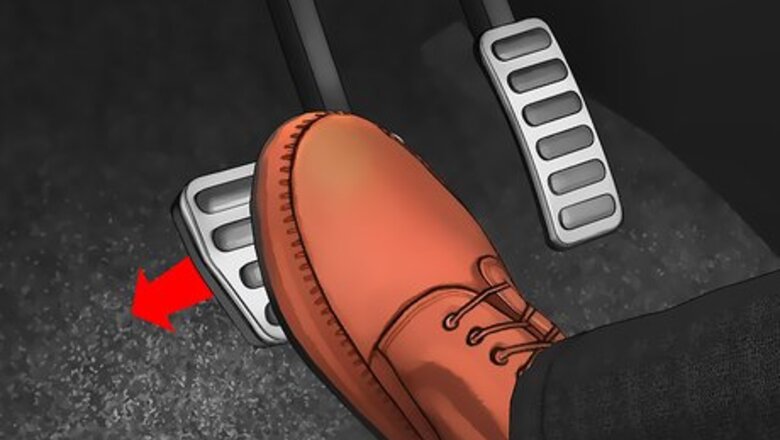
views
Starting Your Prius
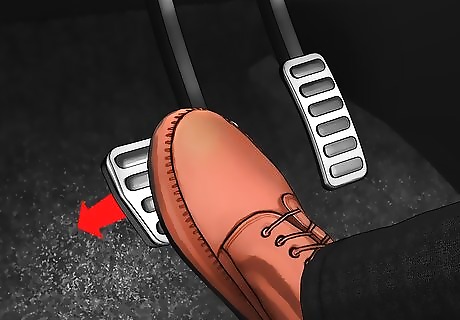
Press your foot on the brake. The Toyota Prius is designed not to start until the driver presses their foot firmly on the brake. This is a safety feature intended to ensure the car can’t lurch forward or backward when the electrical engine comes on. Place your right foot firmly on the brake before attempting to start the car.
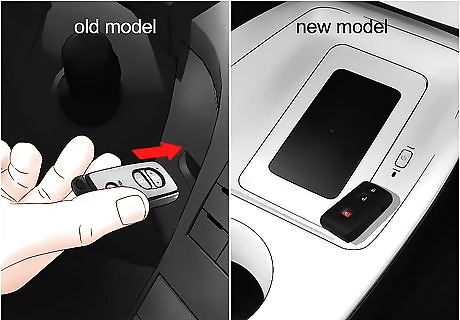
Insert the key. If your Toyota Prius came equipped with a smart key that does not need to be inserted, you simply need to have it in the vehicle while the engine is running. Otherwise, insert the key or key fob in the appropriate place to the right of the steering wheel. In most newer Prius models, you need only to have the smart key in the cabin of the vehicle. In older Prius models, place the key into the ignition hole with the fob's button side facing towards the roof of the car without turning the key.
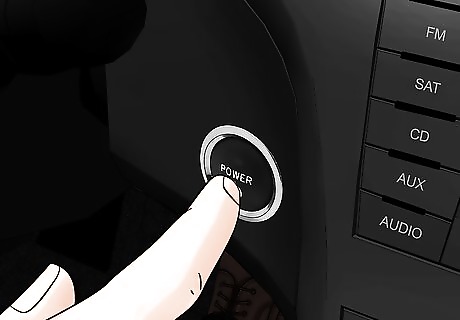
Press the power button. With your foot still firmly on the brake, press the power button to the right of the steering wheel. Hold the button for a second, and listen for a beep to let you know that the electrical engine is starting. If you do not hear a beep, press the button again for a bit longer. The electric motor will start, but the gasoline one may not until it needs to.
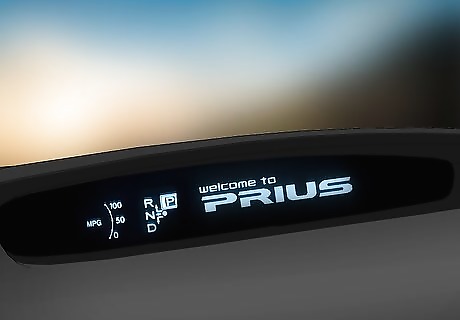
Look for the “Welcome to Prius” screen. The display on the dashboard of the Prius will come on when the engine starts. The screen will show the words, “Welcome to Prius” before switching over to displaying pertinent driver information. The word “ready” will appear on the screen to indicate that the Prius is ready to be driven. Take the vehicle out of park and put it into drive to begin driving.
Troubleshooting Issues
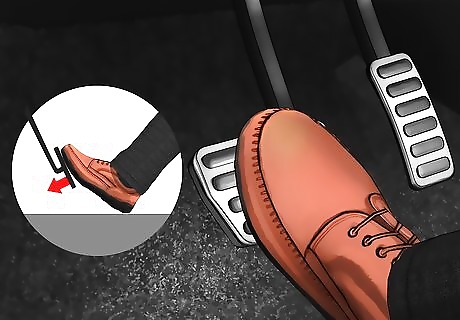
Ensure your foot is pressed firmly on the brake. If the Prius fails to start when you hit the power button, try applying more pressure to the brake pedal. The brake pedal sensor must register that you are pressing it for the computer to allow the electric motor to start. Be sure the floor mat hasn’t gotten bunched up beneath the pedal. Check for any other obstructions that may prevent you from pushing the brake pedal down.
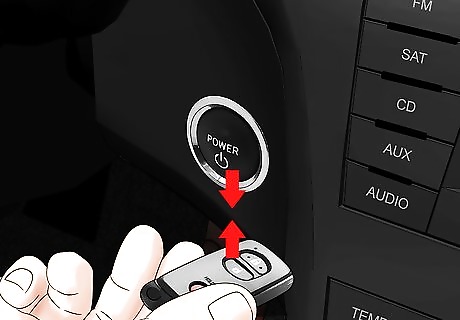
Hold the smart key closer to the power button. If the battery in the smart key is beginning to die, you may be able to start the car by holding it closer to the power button on the dashboard. The sensor for the key is located near the ignition, so this will reduce the distance the signal must travel. If this method works, you should have the battery replaced in your smart key as soon as possible.
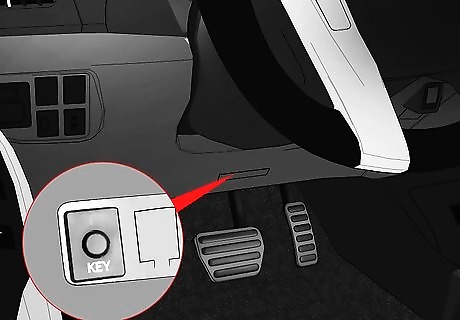
Determine if your vehicle has a smart key deactivation switch. Some models of Prius come equipped with a smart key deactivation switch. If this switch has been pressed, the sensor will not read your smart key and will not allow the vehicle to start. Check in the owner’s manual for your specific model of Prius to see if it came equipped with a smart key deactivation switch.
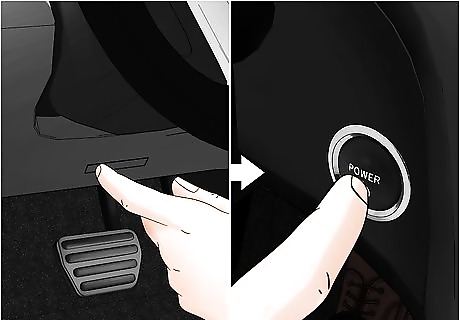
Press the deactivation switch beneath the steering wheel. Locate the smart key deactivation switch on the underside of the dashboard beneath the steering wheel. Press the switch and then try starting the vehicle again. If the smart key deactivation switch was pressed before, hitting it again will reactivate the smart key sensor. Attempt to start the car again once you’ve hit the switch.
Jump Starting a Prius
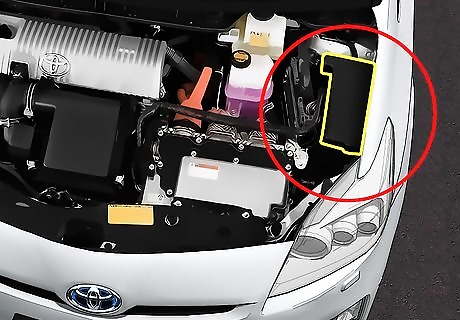
Locate the fuse box beneath the hood. Unlike in most cars, you do not jump start a Prius by connecting jumper cables to the battery. Instead, Toyota installed a positive lead in the fuse box, under the hood. The fuse box is located on the driver’s side near the headlight at the front of the engine bay. It is housed beneath a black, plastic cover.
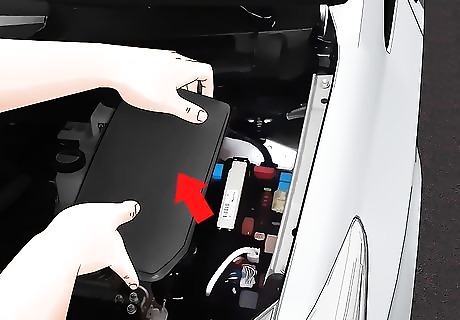
Remove the fuse box cover. Release the clips on the side of the fuse box cover and remove them so you can see the fuses and terminals housed below. Set the cover aside, as you will need to replace it after you finish jump-starting the car. Be sure not to damage the clips as you release them. The terminal in the fuse box is marked with a positive (+) symbol and is surrounded by red plastic.
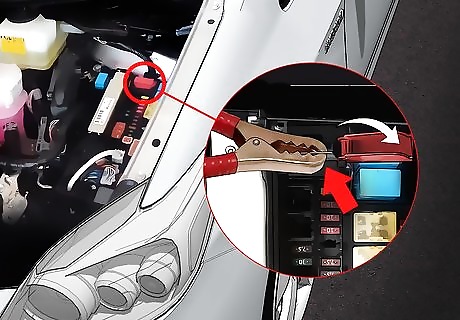
Connect the red jumper cable lead to the positive terminal. There is a positive terminal within the fuse box where you can connect the red lead from the jumper cables to. Connect the other end of the red cable to the positive terminal on the vehicle you are using to jump-start the car. Be sure the jumper cable has a strong connection to the positive terminal in the fuse box.
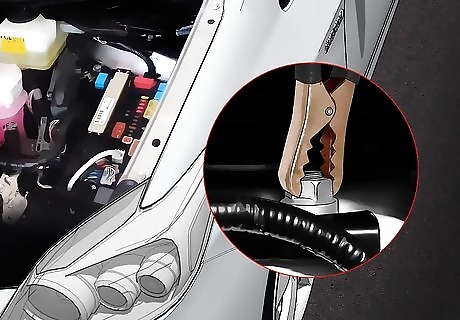
Connect the negative lead to a bolt on the body of the vehicle. There is no ground terminal inside the Prius fuse box, so you will need to ground the black cable on a bolt that is attached to the body of the car. Locate a bolt that is not painted so it will provide a strong connection. Connect the other end of the black cable to the negative terminal on the other vehicle’s battery. Be careful, once both cables are connected to the other vehicle’s battery, touching the two ends of the cables will create sparks.
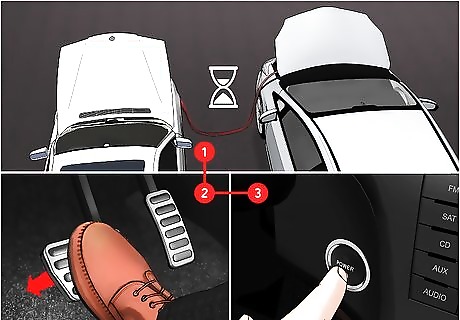
Start the Prius. Wait a few minutes for the other vehicle’s running engine to charge the Prius’ battery then get back in the car and attempt to start it once again. If the Prius won’t start, you may need to wait for it to charge a bit longer. Leave the other vehicle connected to the Prius until you get it to start. Make sure the connections are secure if the charge doesn’t seem to be working.










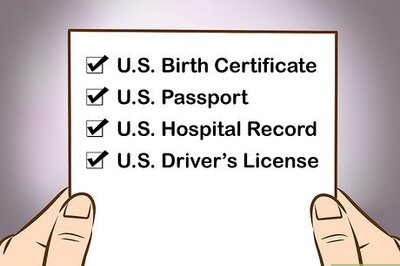









Comments
0 comment